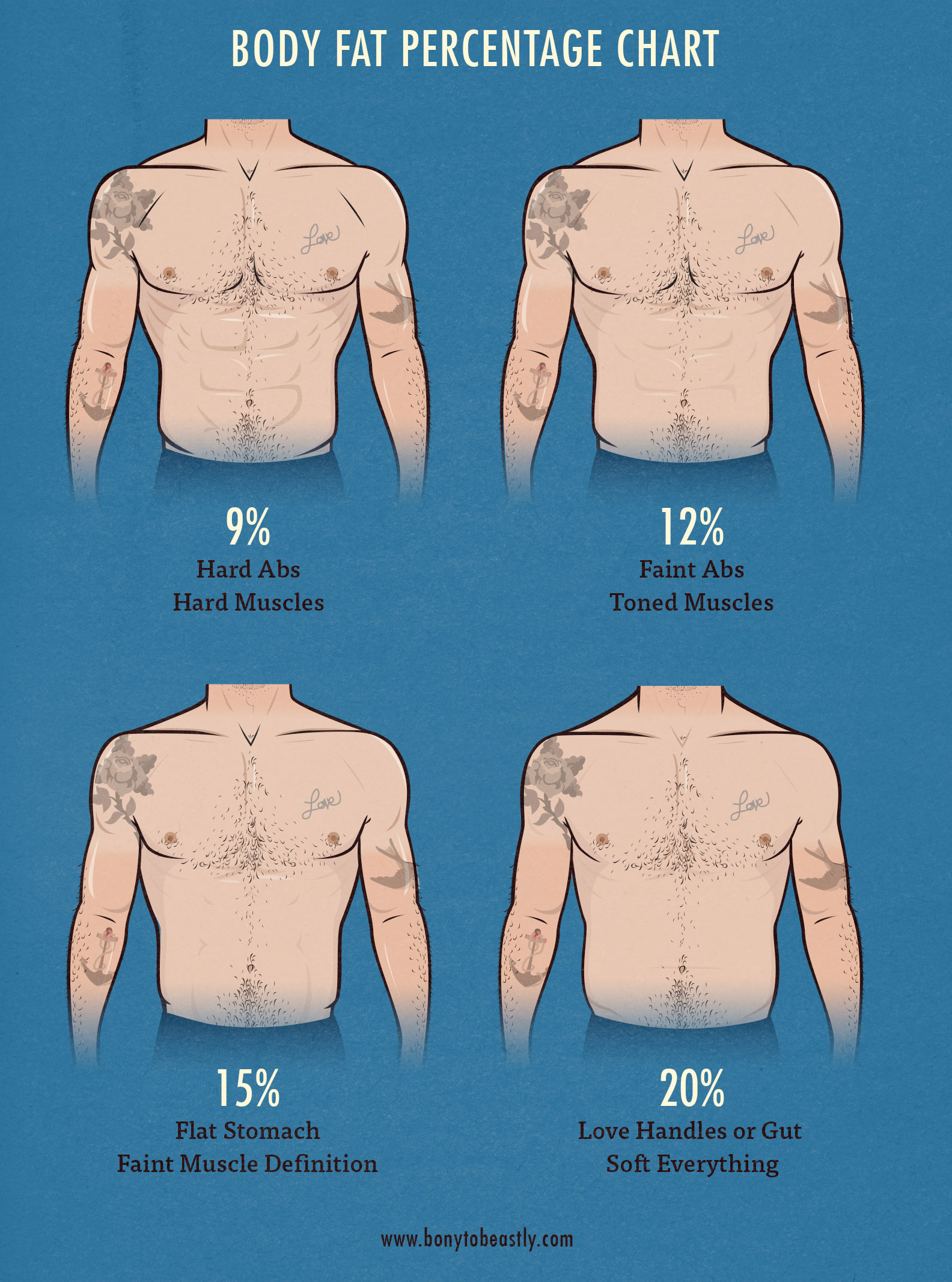Have you ever stared at a recipe, trying to figure out how much of an ingredient you need, only to be met with a confusing fraction like 3/16? Or maybe you’re trying to calculate your progress on a project, and the instructions tell you you’re 3/16 of the way there. These fractions might seem intimidating, but don’t worry! They’re just another way of expressing a percentage, and with a little understanding, you can easily convert them and navigate the world of fractions with confidence.

Image: boimatwasute.github.io
This article will guide you through the process of turning 3/16 into a percentage, demystifying the concept and showing you its practical applications in everyday situations. Prepare to be empowered with the knowledge of fractions and percentages – the key to unlocking a world of numerical understanding!
Understanding Fractions and Percentages
Before we dive into the conversion, let’s briefly recap the concepts of fractions and percentages. A fraction represents a part of a whole. The top number, the numerator, indicates how many parts we’re dealing with, while the bottom number, the denominator, represents the total number of parts. In our case, 3/16 means we have 3 out of 16 equal parts of a whole.
Meanwhile, percentages are a way of expressing a fraction out of 100. So, 3/16 is equivalent to a fraction out of 100. To find this equivalent, we need to perform a simple calculation.
Converting 3/16 to a Percentage
Converting 3/16 to a percentage requires a two-step process:
-
Divide the numerator by the denominator: 3 ÷ 16 = 0.1875
-
Multiply the result by 100: 0.1875 × 100 = 18.75%
Therefore, 3/16 is equivalent to 18.75%.
Visualizing the Conversion
Imagine a pizza cut into 16 equal slices. You’ve taken 3 of those slices. The fraction representing your pizza intake is 3/16. Now, imagine turning that pizza into a hundred equal slices. If you had the same amount of pizza, you would have 18.75 slices out of those hundred. That’s why 3/16 is equal to 18.75%.

Image: www.teachoo.com
Applying the Conversion in Real Life
Understanding this conversion can be helpful in many everyday situations. Here are a few examples:
-
Recipes: If a recipe calls for 3/16 cup of flour, you can easily convert it to 18.75% of a cup. This makes it easier to estimate measurements if you don’t have measuring cups with fraction markings.
-
Progress Tracking: If you’re working on a project with 16 steps, and you’ve completed 3 steps, you’re 3/16 of the way there, which is equivalent to 18.75% complete.
-
Sales and Discounts: When you see a sale offering a discount of 3/16 off the original price, you know that you’re getting a 18.75% discount.
Common Fractions and Their Percentage Equivalents
Knowing common fraction-to-percentage conversions can save you time and effort in various scenarios. Here are a few that are frequently encountered:
- 1/2: 50%
- 1/4: 25%
- 1/8: 12.5%
- 3/4: 75%
- 1/3: 33.33% (approximately)
- 2/3: 66.67% (approximately)
Expert Tips for Working with Fractions and Percentages
Here are a few tips from math experts to make working with fractions and percentages easier:
-
Simplify before Converting: Always simplify fractions before converting them to percentages. For example, 6/8 can be simplified to 3/4, making the calculation easier.
-
Use a Calculator: If you’re not confident with mental calculations, use a calculator to help you divide and multiply, especially for more complex fractions.
-
Practice, Practice, Practice: The more you practice converting fractions, the more comfortable you’ll become. Start with simple examples and work your way up to more complex fractions.
3/16 To Percentage
Fractions and Percentages: A Bridge to Numerical Understanding
Mastering the conversion of fractions to percentages will empower you with a deeper understanding of numerical concepts. It allows you to navigate everyday situations involving fractions with ease and enhances your overall mathematical literacy.
Remember, fractions and percentages are not just abstract concepts; they’re practical tools that help us understand the world around us. So, embrace the power of fractions, and let them guide you towards a more informed and confident numerical understanding.
Call to Action:
Do you have any other fractions you want to convert to percentages? Share your examples in the comments below and let’s learn together!






